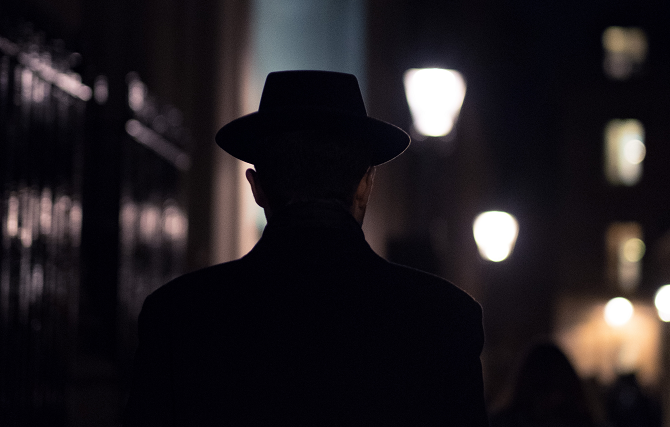
The Poet, the Soldier, and the Haggis: A Legacy of Resilience
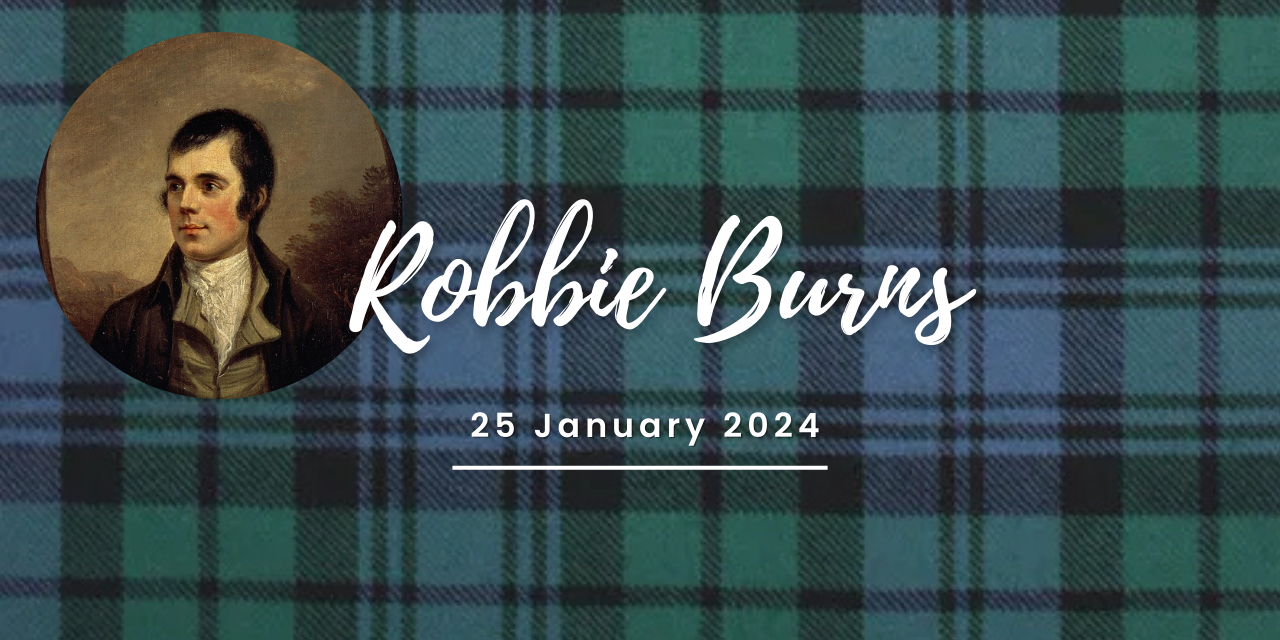
Every January, as snow blankets the Canadian landscape and winter’s chill settles into the bones, my regiment, The Lorne Scots, gather to celebrate one of Scotland’s most enduring legacies: the poet Robert Burns. For us, the 81st Annual Robbie Burns Dinner isn’t just a tradition; it’s a night of reflection, camaraderie, and a deep connection to both military history and yes, the literary arts. Burns, affectionately known as the Bard of Ayrshire(he was also a prolific songwriter), may seem like an odd figure to unite soldiers and writers at first glance. After all, he was neither a soldier nor a traditional scholar. But dig a little deeper, and you’ll find threads of his life and work—his egalitarian ideals, his vivid storytelling, and his deep emotional resonance—that connect profoundly with both groups
A Poet of the People and the Soldier’s Spirit
Burns was, in many ways, the original voice of the underdog. Born into a farming family in 1759, his poems and songs celebrated the lives of ordinary people, their struggles, and their triumphs. That raw authenticity is something soldiers—especially those in regiments like mine—can relate to. Whether in the trenches of World War I or on peacekeeping missions, soldiers often find themselves wrestling with the same themes Burns explored: love, loss, loyalty, and the fleeting nature of life.
Take “A Man’s a Man for A’ That,” Burns’ stirring call for equality and human dignity, written during a time of profound social stratification in 18th-century Scotland. The poem champions the inherent worth of individuals, regardless of wealth or status, a radical notion in an era where class divisions were stark. Its message of universal equality not only resonated in his time but continues to inspire ideals of fairness and respect today. It’s a message that transcends time and speaks to the heart of military service: the belief in something greater than oneself, in a world where rank and privilege should yield to courage and character. As members of The Lorne Scots, whose motto is Air Son Ar Duthchais (“For Our Heritage”), we find a kinship with Burns’ egalitarian ethos.
The Military Connection
The connection between Burns and the military isn’t merely philosophical. At its core, it reflects shared values such as resilience, loyalty, and a belief in the power of collective identity. Burns’ works often touch on themes of unity and human dignity, ideals that resonate deeply in the military ethos before transitioning into the practical examples. Scottish regiments have long drawn inspiration from Burns’ works. His songs, like “Scots Wha Hae,” were rallying cries, stirring the hearts of soldiers as they marched into battle. This tradition endures in regiments like The Lorne Scots, whose Scottish heritage is woven into our tartans, our pipe bands, and our ceremonies, such as the traditional Address to the Haggis, where a member of the regiment delivers Burns’ iconic poem with theatrical flair—dramatic gestures, a booming voice, and a cadence that mirrors the rhythm of the poem itself—transforming the moment into a captivating performance that draws everyone into the spirit of the evening. bringing a touch of history and drama to the evening.
In regiments like The Lorne Scots, the Address to the Haggis takes on a special significance. But if you want to hear the true origins of this grand tradition—the mishaps, the humor, and the tales that breathe life into it—you’ll need to attend a Robbie Burns Dinner yourself. Find one of the auld gents who have witnessed countless Burns Nights, and let them regal you with their stories. They might share how a forgotten haggis led to impromptu creativity or how an overly enthusiastic recitation nearly toppled the dish. These are the moments that blend history and mythology, making the ceremony not just a tradition but a living story, connecting past and present in a moment of shared heritage.
Selkirk Grace
Some hae meat and canna eat,
And some wad eat that want it;
But we hae meat, and we can eat,
Sae let the Lord be thankit.
Address to a Haggis
Fair fa’ your honest, sonsie face,
Great Chieftan o’ the Puddin-race!
Aboon them a’ ye tak your place,
Painch, tripe or thairm:
Weel are ye wordy o’ a grace
As lang’s my arm.
The groaning trencher there ye fill,
Your hurdies like a distant hill,
Your pin wad help to mend a mill
In time o’ need,
While thro’ your pores the dews distil
Like amber mead.
His knife see Rustic-labour dight,
An’ cut you up wi’ ready slight,
Trenching your gushing entrails bright,
Like onie ditch;
And then, O what a glorious sight,
Warm-reekin, rich!
Then, horn for horn, they stretch an’ strive:
Deil tak the hindmost, on they drive,
Till a’ their weel-swall’d kytes belyve
Are bent like drums;
Then auld Guidman, maist like to rive,
Bethankit hums.
Is there that owere his French ragout,
Or olio that wad staw a sow,
Or fricassee wad mak her spew
Wi’ perfect scunner,
Looks down wi’ sneering, scornfu’ view
On sic a dinner?
Poor devil! see him owre his trash,
As feckless as a wither’d rash,
His spindle shank a guid whip-lash,
His nieve a nit;
Thro’ bluidy flood or field to dash,
O how unfit!
But mark the Rustic, haggis-fed,
The trembling earth resounds his tread,
Clap in his walie nieve a blade,
He’ll make it whissle;
An’ legs, an’ arms, an’ heads will sned,
Like taps o’ thrissle.
Ye Pow’rs wha mak mankind your care,
And dish them out their bill o’ fare,
Auld Scotland wants nae skinking ware
That jaups in luggies;
But, if ye wish her gratfu’ prayer,
Gie her a Haggis!
Burns as a Writer’s Inspiration
For writers, Burns’ life offers rich lessons. For instance, his practice of weaving vernacular Scots into his poetry demonstrates the value of embracing one’s authentic voice and cultural roots. This choice, while unconventional in his time, helped his work resonate deeply with ordinary people and ensured its timeless appeal. Writers today can draw inspiration from this bold approach, finding power in their unique perspectives and staying true to their experiences. Here was a man who wrote against the odds: with little formal education, while toiling in the fields, and often in defiance of societal norms. Yet his words endure, with the power of authenticity and the universality of the human experience.
Writers, like soldiers, often find themselves grappling with the tension between individuality and duty. Burns navigated this beautifully, balancing his role as a farmer and tax collector with his passion for poetry. His ability to capture the beauty and tragedy of life in just a few lines is something every writer aspires to. Consider these lines from “To a Mouse”:
“The best-laid schemes o’ mice an’ men Gang aft agley.”
In these words, Burns captures the fragility of our plans and the resilience required to adapt—a truth as relevant to the battlefield as it is to the blank page.
Bridging the Gap: Writers and Soldiers
Writers and soldiers may seem worlds apart, but both are storytellers at heart. I have spoken to many veterans and many have shared that they carried a small journal during a deployment, recording moments that ranged from the mundane to the harrowing. Those entries, became a lifeline, and a way to process the chaos around them. Similarly, writers craft stories to make sense of the world, capturing the raw, unfiltered truth of human experience. Whether penned in a trench or at a quiet desk, these stories share the same purpose: to preserve, to connect, and to endure. Soldiers carry the stories of their comrades, their battles, and their losses. Writers give voice to those stories, preserving them for future generations. Burns’ legacy reminds us that words have the power to bridge divides, to heal wounds, and to inspire action.
At The Lorne Scots’ Robbie Burns Dinner, this connection comes alive. The laughter, the toasts, the solemn moments of reflection—they all speak to the shared human experience that Burns so eloquently captured. For me, as both a soldier and a writer, the night is a reminder of why we tell stories: to make sense of our world, to honor those who came before us, and to inspire those who will follow.
So, to my fellow writers, I extend an invitation. Join us in raising a glass to Robbie Burns, not just as a poet or writer but as a kindred spirit who understood the power of words to unite, to challenge, and to endure. And to my fellow soldiers, let us remember that our stories, like Burns’, have the power to transcend time. Together, we keep the flame of his legacy alive, one verse at a time.
We end the night with Auld Lang Syne.
Air Son Ar Duthchais



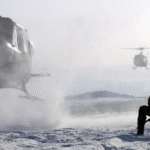

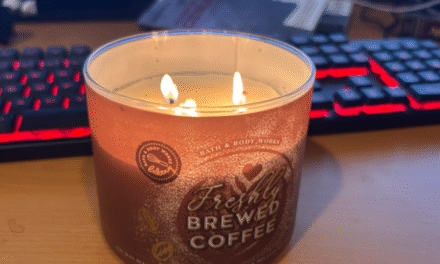




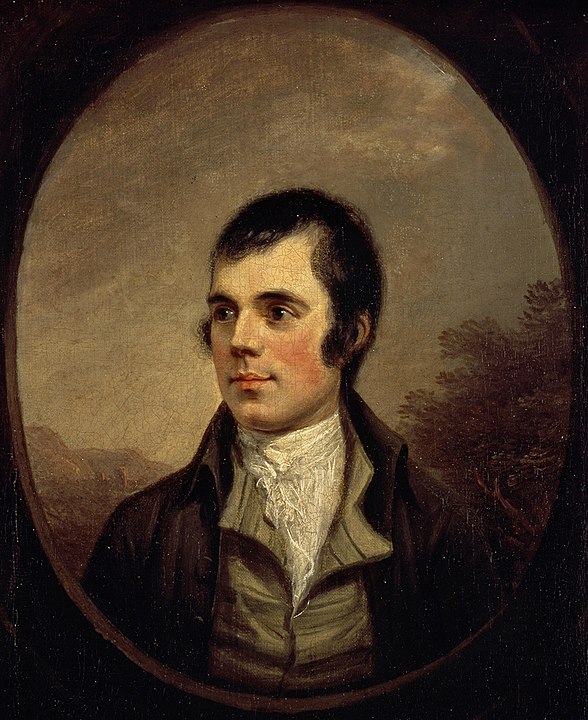

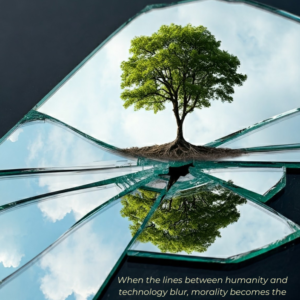
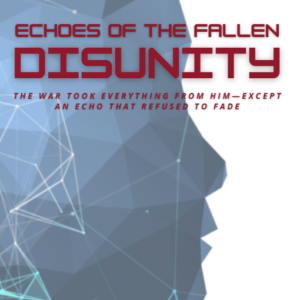


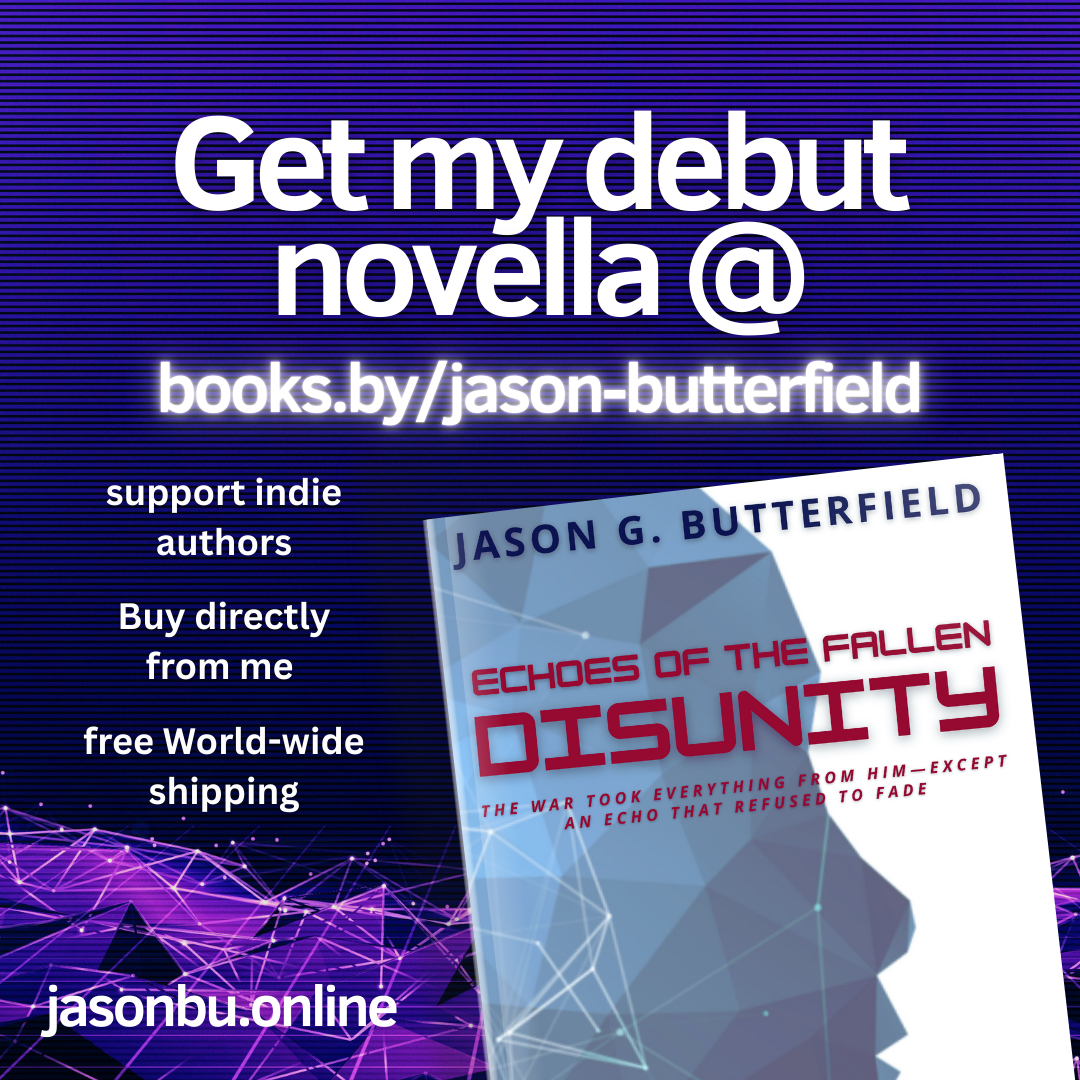
Don't miss out on the launch of J.G. Butterfield’s creative ethos out into the universe, his stories definitely left me…